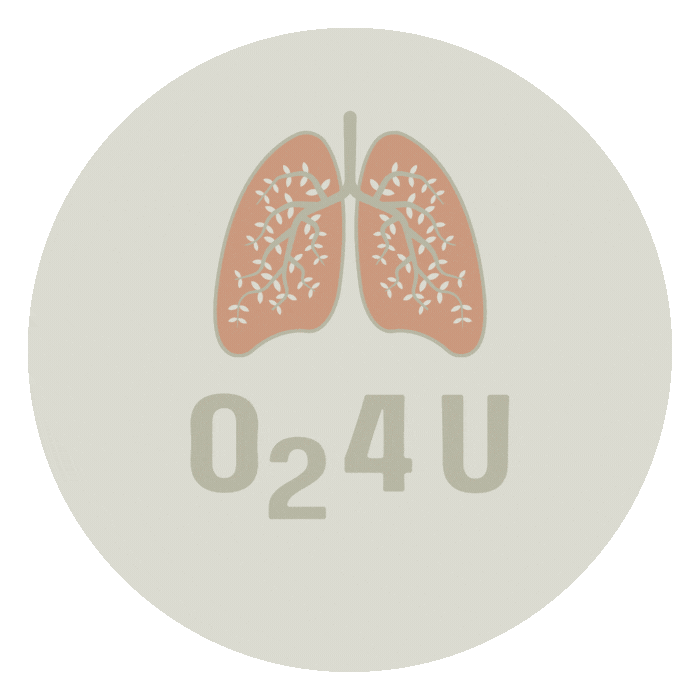
Breathe for better sleep
Everything you do is effected by the way you breathe
"Sleep is the golden chain that ties health and our bodies together." — Thomas Dekker
Breathing for Better Sleep
Signs of Sleep-Disordered Breathing
Fatigue: Feeling tired even after a full night's sleep can indicate breathing issues during sleep.
Snoring or Heavy Breathing: These signs often suggest restricted airways, and mouth breathing can exacerbate the problem by limiting oxygen intake and disrupting deep sleep stages. Mouth breathing leads to dry mouth, increased snoring, and less restorative sleep. Myotape can gently encourage nasal breathing, keeping the airways open and supporting better sleep quality.
Disrupted Sleep or Nightmares: Frequent awakenings or nightmares may suggest breathing interruptions during sleep.
Dry Mouth: Waking up with a dry mouth is a common result of mouth breathing during sleep, which also leads to poor oxygenation and fragmented sleep.
Pauses in Breathing (Apnea): Episodes of interrupted breathing during sleep, often noticed by a bed partner, could indicate obstructive sleep apnea (OSA).
Respiratory Symptoms on Waking: Wheesing, coughing, or breathlessness upon waking may signal breathing difficulties during the night.
Night-time Asthma Symptoms: Asthma symptoms worsening at night can be linked to sleep-disordered breathing.
Nocturia (Frequent Night-time Urination): Needing to pass urine frequently during the night can disrupt sleep and may be related to breathing issues.
Understanding Obstructive Sleep Apnea (OSA)
OSA is a severe form of sleep-disordered breathing characterised by repeated interruptions in breathing. It’s particularly common in men and older adults. These breathing interruptions can significantly impact the quality of sleep and overall health.
Consequences of Sleep-Disordered Breathing
If left untreated, sleep-disordered breathing—including OSA—can lead to:
Persistent fatigue
Cognitive decline
Cardiovascular issues
Mental health challenges
Increased accident risk
Metabolic disturbances, such as weight gain and diabetes
Menopause and Sleep
The hormonal changes during menopause can significantly affect sleep. Symptoms like fatigue, insomnia, and mood swings may be linked to breathing difficulties during sleep. One often overlooked issue is the increased risk of obstructive sleep apnea (OSA). Studies have shown that the prevalence of OSA can increase by up to 200% in post-menopausal women due to the decline in estrogen and progesterone. These hormones help maintain airway muscle tone, and their decline makes the airways more prone to collapse during sleep, resulting in frequent interruptions and reduced sleep quality.
Addressing breathing patterns during this phase of life can be crucial for improving sleep and overall well-being.
The Impact of Mouth Breathing and How Myotape Can Help
Mouth breathing during sleep negatively affects oxygenation, increases snoring, and can even trigger episodes of sleep apnea. Nasal breathing, on the other hand, optimises airflow and supports deeper, more restful sleep. Myotape is designed to gently encourage nasal breathing by keeping the mouth closed, promoting better airflow through the nose, reducing snoring, and improving sleep quality.
The Evolution of Breathing and Modern Lifestyles
While our bodies evolved to function with natural breathing patterns, modern lifestyles—marked by stress, sedentary behavior, and poor posture—can lead to disrupted breathing, especially during sleep.
Breathing Re-education for Better Sleep
By retraining your body to breathe nasally, slowly, and gently, you can transform your sleep quality and overall well-being. Breathing re-education techniques help reset unconscious breathing patterns, leading to:
Improved sleep quality
Greater daytime energy
Better mental and physical health
My Approach
I provide personalised strategies to help you take control of your breathing patterns, improve sleep, and enhance your health. Through education and individualised support, I’ll guide you toward a brighter, more energised tomorrow.


